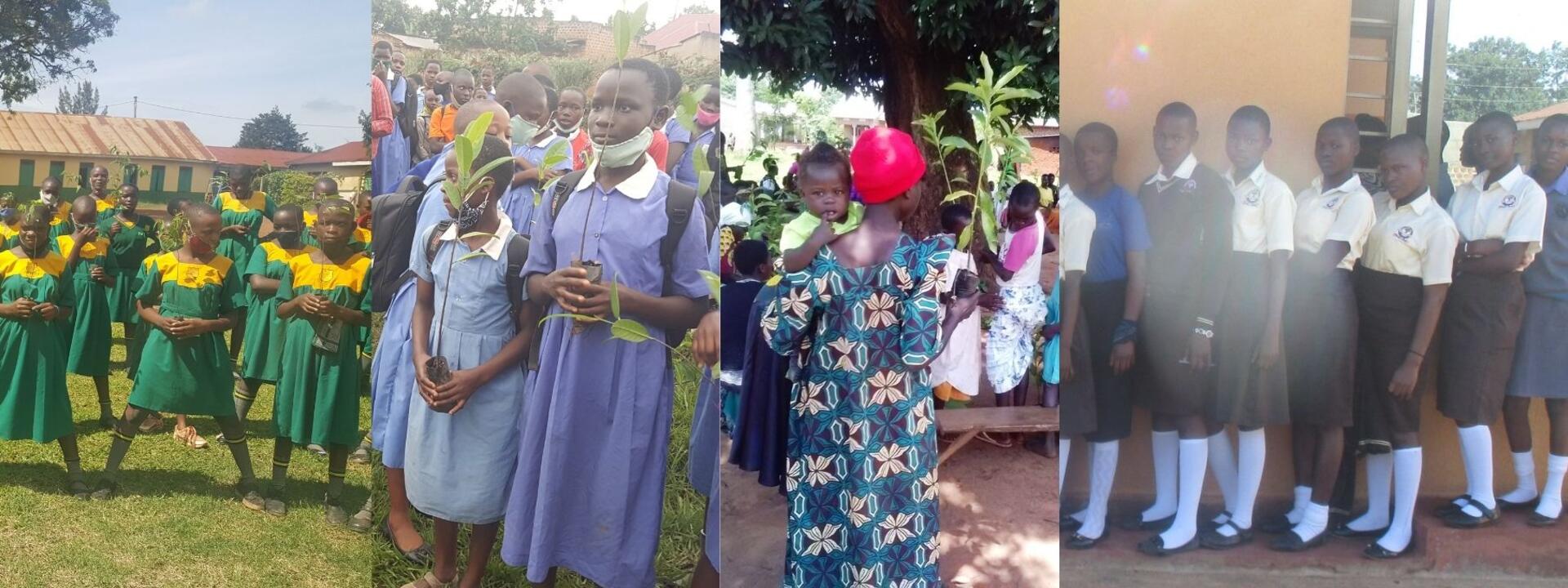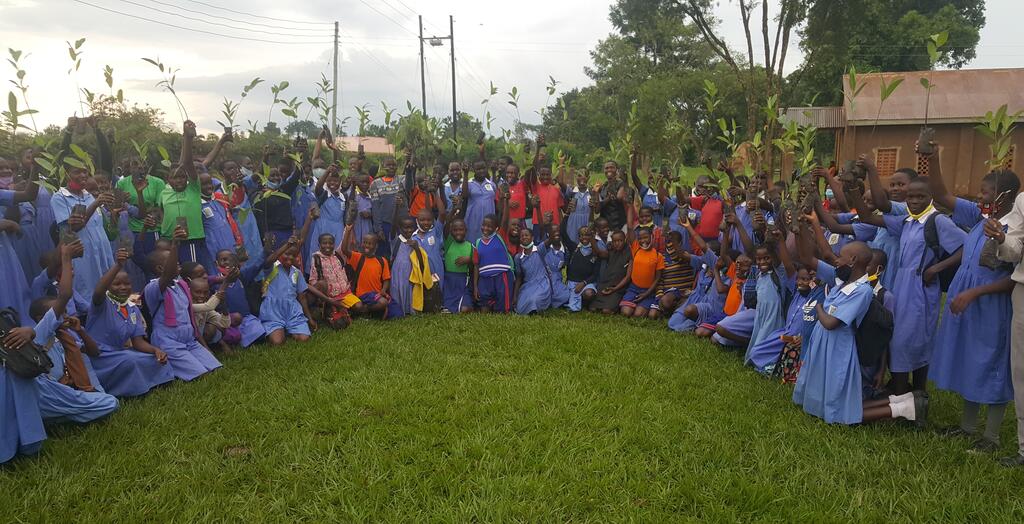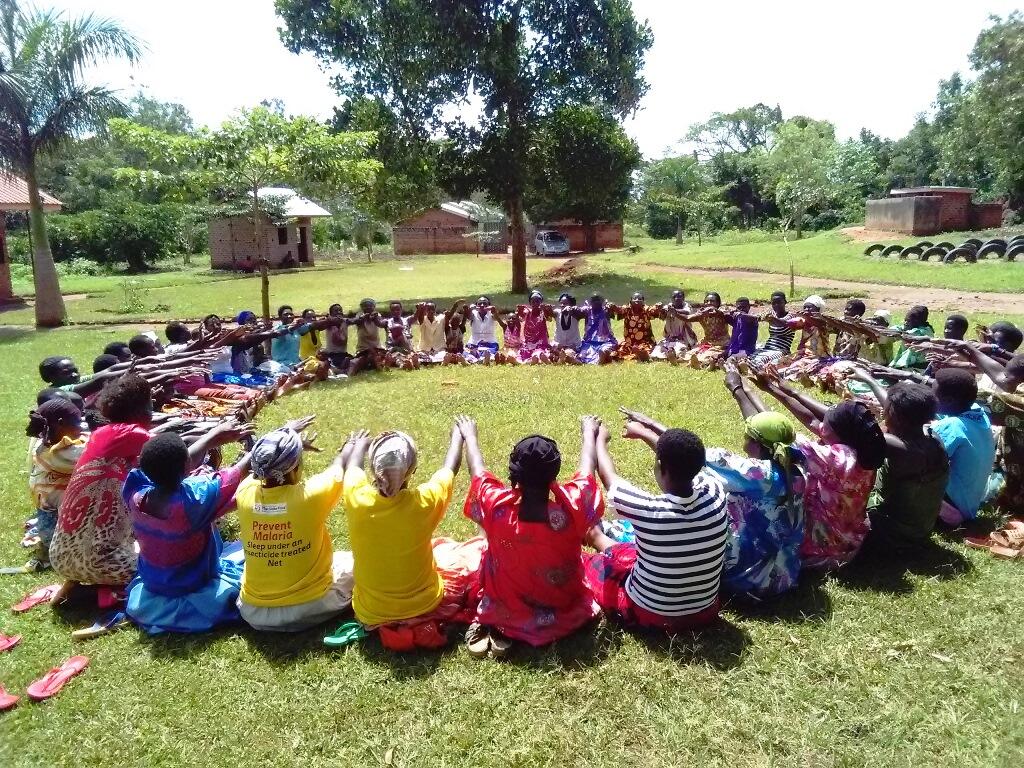
Women and children’s empowerment network africa
The Women and Children’s Empowerment Network in Africa (WACENA) is on a mission to preserve and advance the rights of women, girls and children in Africa.
Established in 2008 in Kampala, the Ugandan capital, WACENA works with 256 partner schools to deliver a bespoke gender equality and sex education curriculum. They also provide environmental education training for teachers and distribute on average 200,000 tree saplings to school students and rural communities every year.

WACENA’s teacher training programme is run in collaboration with the Regional Environment Department and covers topics such as soil health, crop rotation and diversity, water harvesting and renewable energies. WACENA also leads participatory and experiential workshops for teachers in forests to discuss and gain practical experience in agroforestry and conservation.
One of WACENA’s strategies is to create community forests, planted, nurtured and championed by women and girls. Because, as Maggie Ndagire says, “a large and growing body of evidence shows that empowered women and girls acting as agents of change in their communities can and do bring about better health and development outcomes for all.”
//images//
During the workshops, WACENA liaises with schoolteachers to identify vulnerable girls who are unable to access sexual health services due to their home situations. Through the confidential and supportive services of a staff gynaecologist, the girls can access contraception as well as STI and HIV screening.
Human and community survival is inextricably linked to the natural environment in many ways; but human activities such as deforestation, bush burning and the excessive use of chemical fertilisers are responsible for degenerating habitats and the environment, especially in central and eastern Uganda… we are actively empowering women and girls to promote the restoration, protection and management of ecosystems and become champions of a safer, healthier, cleaner and greener environment. We create sustainable and meaningful interlinkages between women and girls in matters relating to saving the planet.
Maggie Ndagire, WACENA Senior Operations Manager
WACENA works at the intersection of environmental and sex education, delivering sexual and reproductive health education focused on wellbeing and human rights. With Empower to Plan support, WACENA will deliver weekly workshops in 20 schools, addressing important and life-saving topics largely left out of the Ugandan Ministry of Education curriculum – topics such as safe abortion access, contraceptive counselling, menstrual care and gender-based violence.
As the Guttmacher Institute reports, “approximately half of all pregnancies among women aged 15–19 in Uganda are unintended, totaling an estimated 214,000 unintended pregnancies each year. The overwhelming majority (88%) of these pregnancies occur among adolescents with an unmet need for modern contraception.”
There is an urgent and drastic need for youth-friendly sexual and reproductive health services in Uganda, as well as access to modern contraceptive methods for adolescents.
Our Empower to Plan campaign with WACENA will reach 2,500 school students with integrated environmental and sex education programmes.

WACENA’s workshops will create an empowering environment, broaching challenging themes of rape, human trafficking and gender based violence through dance and theatre workshops facilitated by 12 girl leaders. They will encourage expression and openness through poetry, drama and art, with the goal of reducing stigma and changing Ugandan social norms to prioritise rights-based sexual and reproductive health education.
Please join us in building the environmental skills and extending sexual and reproductive health education for thousands of Ugandan girls and women.
With your support, we can empower the next generation of Ugandan environmental defenders to grow forests and protect vulnerable ecosystems, all while claiming and exercising their sexual and reproductive rights.
